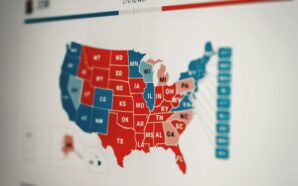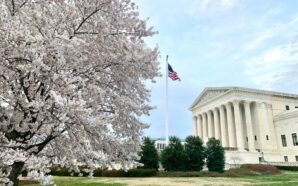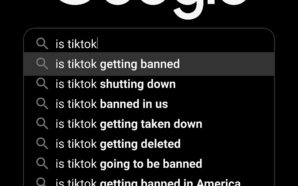

Credit: Unsplash
Power Dynamics at Play: Conservative Majority and the Future of Law
As the Supreme Court hurries to deliver its pending opinions before the self-imposed early July deadline, there is no doubt that the conservative majority is poised to steer the direction of the law towards the right on various fronts.
Chief Justice John Roberts surprised court observers in a closely watched elections case by refraining from significantly curtailing a crucial provision of the Voting Rights Act, contrary to expectations. In another case, a 7-2 majority dismissed a challenge to a federal law that prioritizes placing Native American children with Native American families in child custody matters. Justices Samuel Alito and Clarence Thomas were the sole dissenters, raising eyebrows among legal experts.
However, some of the cases that have captivated the public’s attention are yet to be decided, and they are likely to provoke passionate opinions, and dissents read aloud in court. Furthermore, these rulings will be delivered as the court finds itself under the intense spotlight typically reserved for members of the political branches.
In “The Supermajority”, Michael Waldman focuses on the court’s 6-3 conservative majority, analysing the seismic effects of rulings made last year https://t.co/rS1uZYYbom
— The Economist (@TheEconomist) June 9, 2023
“It is highly likely that this court will disregard its prior precedents and undermine protections for LGBTQ individuals, racial minorities, and voters,” remarked Jessica Levinson, a professor at Loyola Law School in Los Angeles. “The question is whether the court will subtly weaken these protections or launch an all-out assault on them.”
These springtime rulings will further solidify former President Donald Trump’s success in appointing three justices to the bench, securing a conservative majority that may endure for decades.
After the new appointees voted alongside the majority to overturn a decades-old abortion precedent last year, liberal Justice Elena Kagan issued a warning during a speech in Montana. “People are rightfully suspicious when a justice departs or passes away, and another justice takes their place, and suddenly the law changes,” Kagan cautioned. “It raises the question: what is happening here? That doesn’t seem like the rule of law.”
Accusations of the court’s politicization have only grown stronger. Protesters continue to rally outside the justices’ chambers, and journalists have uncovered potential ethics violations among some justices. Democrats in Congress are even contemplating involving themselves in the court’s internal affairs to advocate for ethics reforms.
Muslim Dense State Bans the LGBTQ+ Flag
Sudan Paramilitary Group Boasts Of Detaining Islamists
-
The city of Dubai is reeling from the aftermath of historic torrential rains that inundated the desert metropolis, leading...
-
Plans for Neom’s ambitious “The Line,” a zero-carbon city in Saudi Arabia, have been revised, scaling back its initial...
-
President Joe Biden’s reelection strategy takes a surprising turn as the Rust Belt, not the Sun Belt, emerges as...
-
In a significant escalation of the ongoing dispute over misinformation, Brazil Supreme Court Justice Alexandre de Moraes has initiated...
-
In a significant legal development, U.S. District Judge Aileen Cannon has declined former President Donald Trump’s request to dismiss...
-
Mumbai Takes the Throne for the Most Billionaires in Asia In a historic milestone, Mumbai has overtaken Beijing to...
-
Major Collision Causing the Collapse of the Bridge The recent collapse of the Francis Scott Key Bridge in Baltimore,...
-
Donald Trump is on the brink of a crucial deadline in a business fraud case, with just a few...
-
Sylvia Gonzalez, a newly elected city council member in a small Texas community, was embroiled in controversy when she...
-
French President Emmanuel Macron emphasized the need for Western powers to remain vigilant in the face of the Ukraine...
-
Is TikTok Getting Banned in the States? The United States House of Representatives has voted with bipartisan support to...
-
The 2024 Election Race Continues Between Joe Biden and Donald Trump With the 2024 general election drawing closer, President...




















